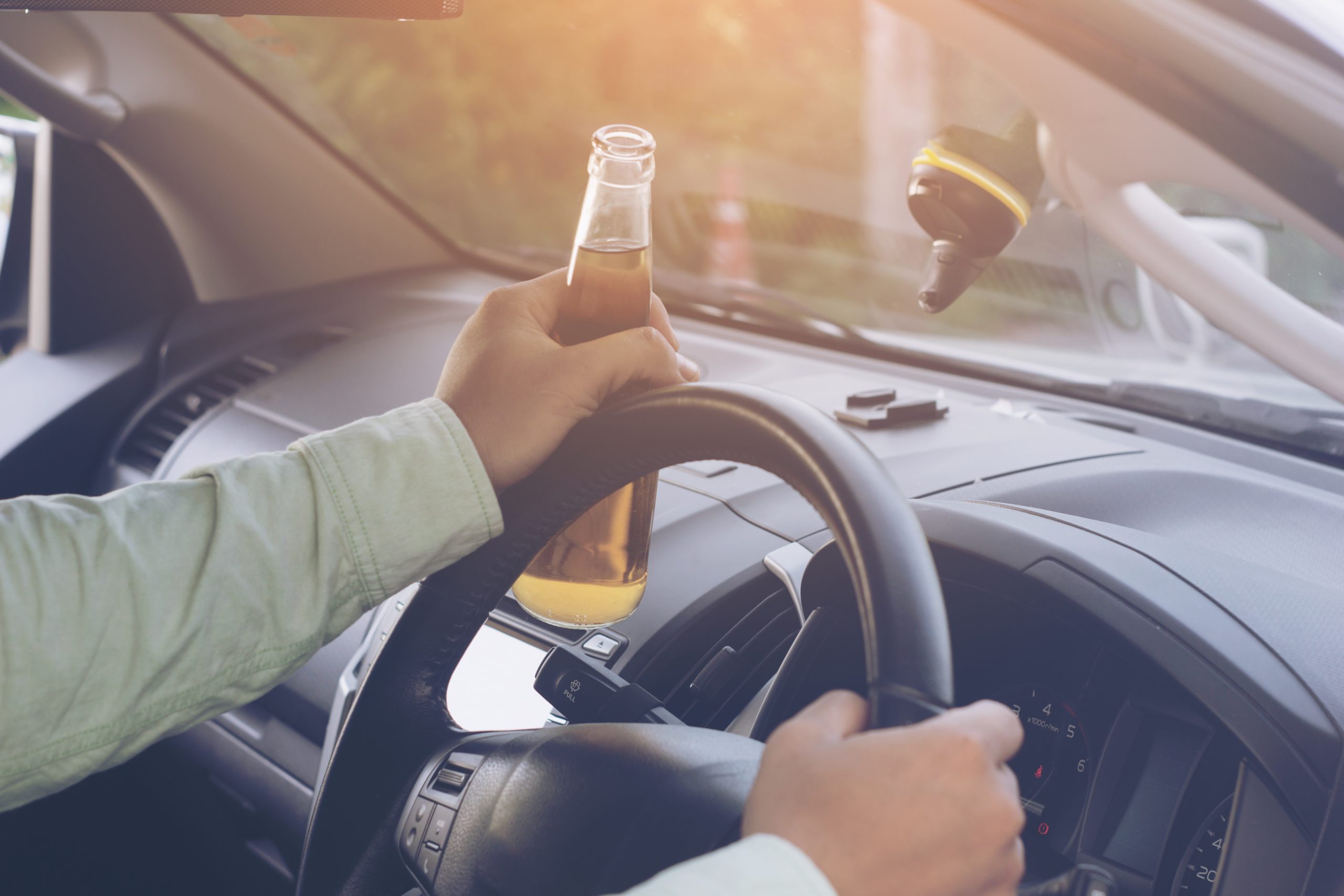Now Reading: Drunk Driving Statistics Across the Country
-
01
Drunk Driving Statistics Across the Country

Drunk Driving Statistics Across the Country
With around a million DUI arrests being made each year in the U.S., there’s no doubt that drunk driving is a serious issue. Not only does it endanger the safety of the driver, but also the safety of their passengers and anyone else on the same road. Given how dangerous drunk driving is, law enforcement officials work hard to curtail the numbers of drunk drivers on the roads. Even though there’s still a lot of work to be done, progress has been made. While there were 11,654 deaths from drunk driving in 2020, this is less than half of the historic high that was recorded in 1982, at 24,025 fatalities.
In many cases, people treat a DUI arrest as something that only happens to other drivers – until they get arrested for drunk driving themselves. When this happens, the best option is to contact a DUI lawyer, since legal representation increases their chances of a positive outcome, or at least a lighter sentence (if applicable).
For anyone who hasn’t been arrested for a DUI, it’s important to remember that an ounce of prevention is worth a pound of cure. Even if someone’s blood alcohol level (BAC) is below the legal limit of .08, their coordination and judgment can be affected – and so can their driving. As you’ll learn from the statistics below, drunk driving is not a good idea under any circumstances.
An overview of DUI statistics in the U.S.
If you want a snapshot of drunk driving trends in the U.S., these statistics should give you a pretty good idea.
- From March 17th, 2020 to September 30th, 2020, around 27% of drivers either caused or were involved in alcohol-related crashes. This number is up significantly compared to September 10th, 2019 through March 16th, 2020, when it was around 21% of drivers.
- Even though COVID-19 reduced overall traffic on the roads, it didn’t reduce the number of alcohol-related traffic incidents. According to police reports, alcohol was involved in 9% of crashes in 2020.
- According to the National Highway Traffic Safety Administration (NHTSA), 29% of traffic fatalities in 2018 were due to alcohol-impaired crashes.
- Out of the nearly 51,000 fatal car crashes in 2019, about 19% of them were related to alcohol impairment.
- In 2017, it was estimated that 80% of drunk drivers were male, while 20% were female.
- Alcohol-related crashes and fatalities are twice as likely to occur over the weekend, as opposed to during the week.
- According to the NHTSA, almost a third of drivers who caused fatal nighttime crashes in 2017 were legally intoxicated.
- According to the CDC, there were approximately 147 million instances of drunk driving in 2018.
- Alcohol-related traffic incidents cost over $44 billion per year, per the CDC.
- NHTSA data indicates that about a third of fatal traffic incidents involve drunk drivers.
When do most drunk driving accidents occur?
As you might expect, higher instances of drunk driving happen when people are most likely to indulge in alcohol. This includes the night hours, weekends, around holidays, and during the summer months.
- The worst time for alcohol-related fatal crashes is between midnight and 3 AM.
- The second-worst time for alcohol-related fatal crashes is between 3 AM and 6 AM.
- The third-worst time for alcohol-related fatal crashes is between 9 PM and midnight.
- On weekends, about 28% of fatal crashes involved drunk drivers; during the week, this number sinks to 15%.
- An estimated 61% of alcohol-related fatalities take place between Friday and Sunday.
- The time between Memorial Day and Labor Day is nicknamed the “100 deadliest days for teen drivers”. This is because during this time period, teenage drivers are more likely to die because of alcohol-impaired driving than at any other time of year.
What are the long-term consequences of getting arrested for a DUI?
A quick search on the internet will reveal the legal consequences of getting arrested for drunk driving. Depending on which state you’re in, they could include things like a temporarily suspended driver’s license, fines, community service, jail time, or participation in education programs.
However, what some people don’t realize is that the consequences of a DUI arrest can last well after the legal penalties have been paid. They could include the following:
- Lost eligibility for scholarships
A DUI arrest won’t necessarily prevent someone from attending college, but it could prevent them from being awarded scholarships – which could prevent them from attending college. Some colleges do background checks, and could deny scholarship applications (or even college applications in some cases) for those who’ve been arrested for drunk driving.
- Damaged personal relationships
Even if the drunk driving incident didn’t involve an injury or fatality, a DUI arrest could still affect the way family and friends perceive you. You may notice that there’s more concern about your well-being, or watchfulness over your alcohol consumption and overall behavior. There may not be any hard feelings, but there will probably be plenty of awkwardness.
- Suspended driver’s license
A DUI conviction can come with an automatic suspension of your driver’s license – up to two years for a first offense, in some cases. This can impact your job availability, and will also result in a general loss of freedom.
- Fewer employment opportunities
Regardless of which industry you worked in before the DUI arrest, you may have a harder time getting a job after the fact. Some employers refuse to hire anyone with a criminal record, even if it wouldn’t impact their job performance or trustworthiness. Plus, things like community service hours, court dates, and a suspended driver’s license could seriously interfere with a normal work schedule.
- Higher car insurance rates
A DUI arrest tells insurance companies that you’re a high-risk driver, and they’ll raise their prices accordingly. In fact, you could end up paying nearly twice as much in insurance fees after the DUI compared to previously.
The takeaway
Drunk driving is no joke, as it impacts not only the person doing it, but also the people who happen to be sharing the car or the road with them. As the statistics show, it’s better to keep the old slogan in mind: “don’t drink and drive”.










